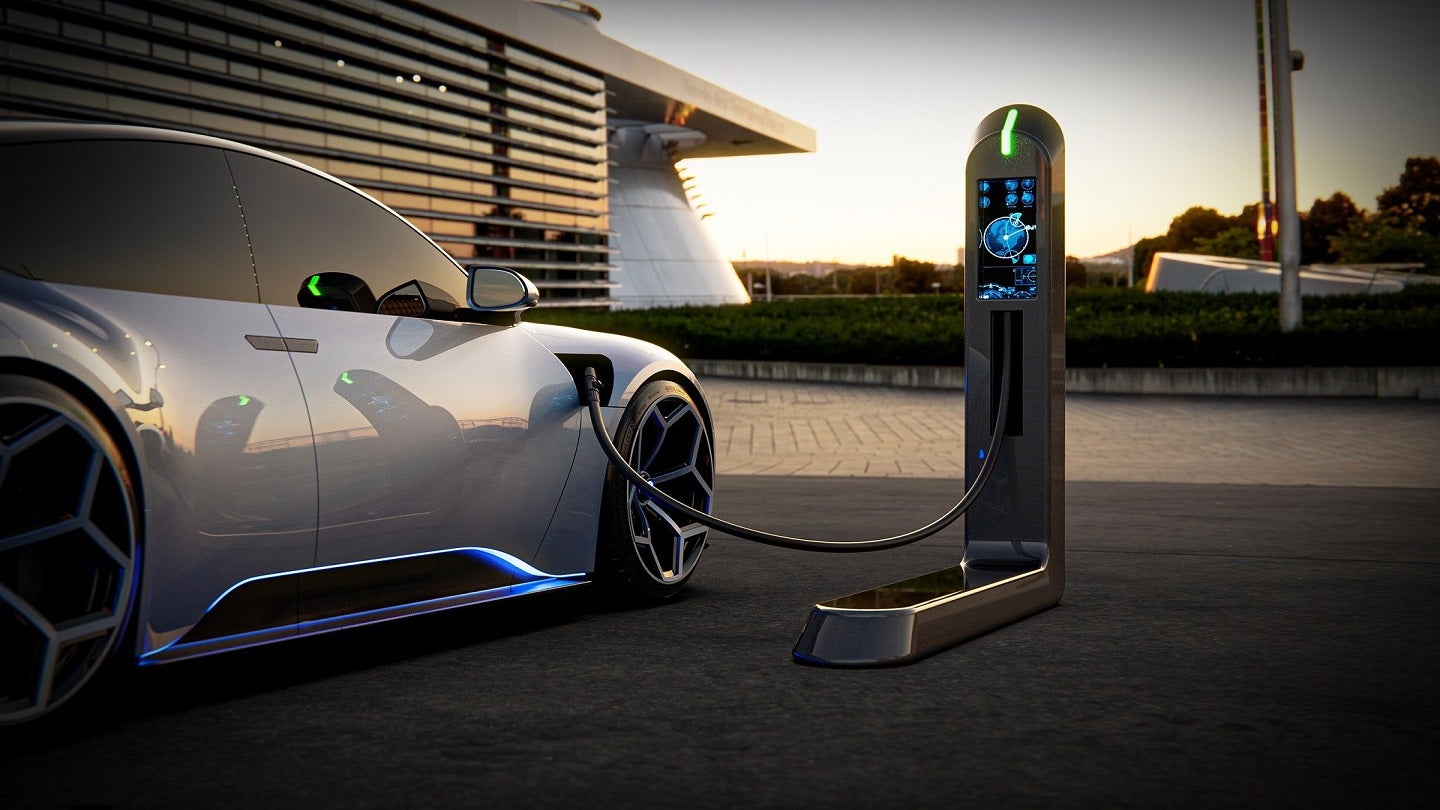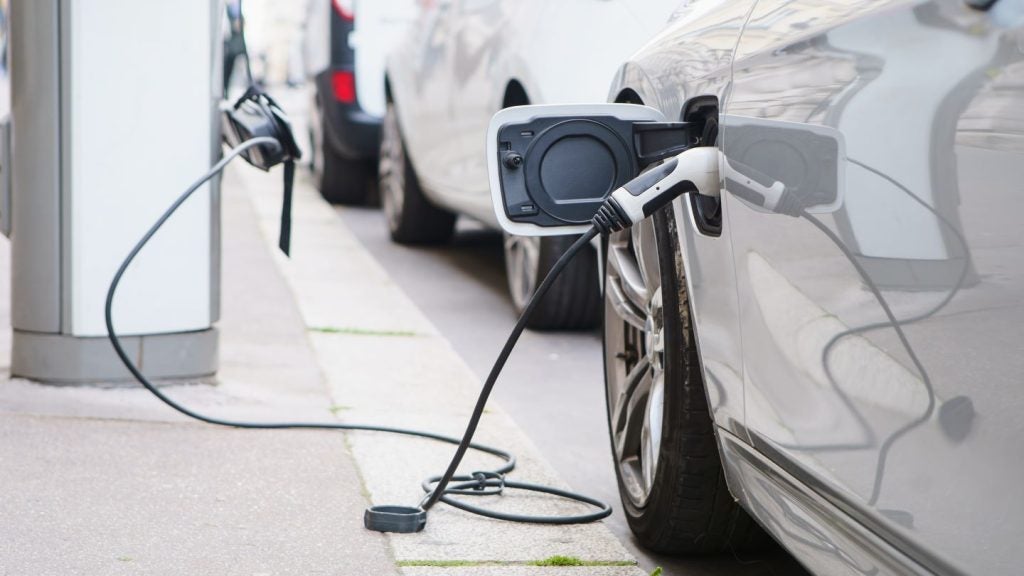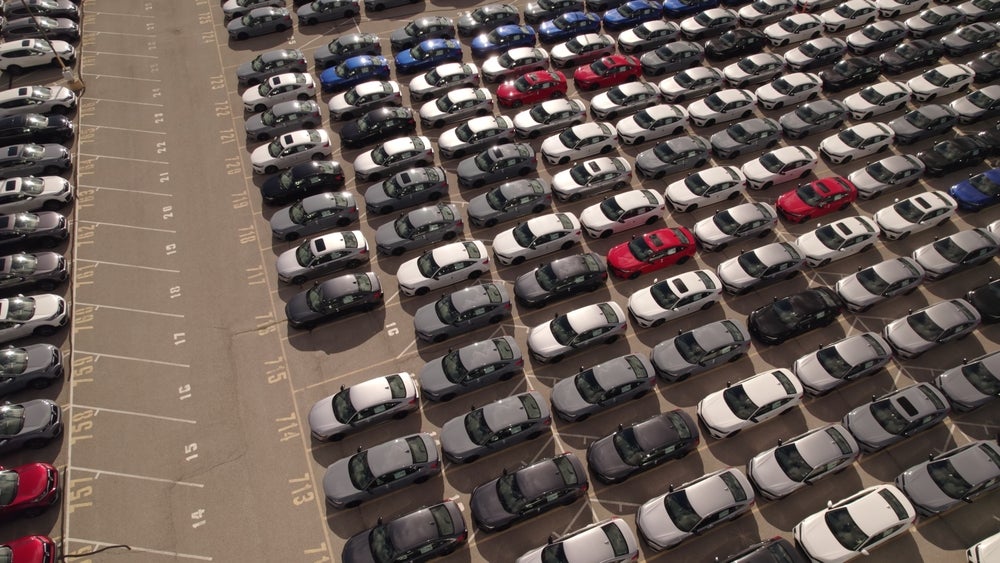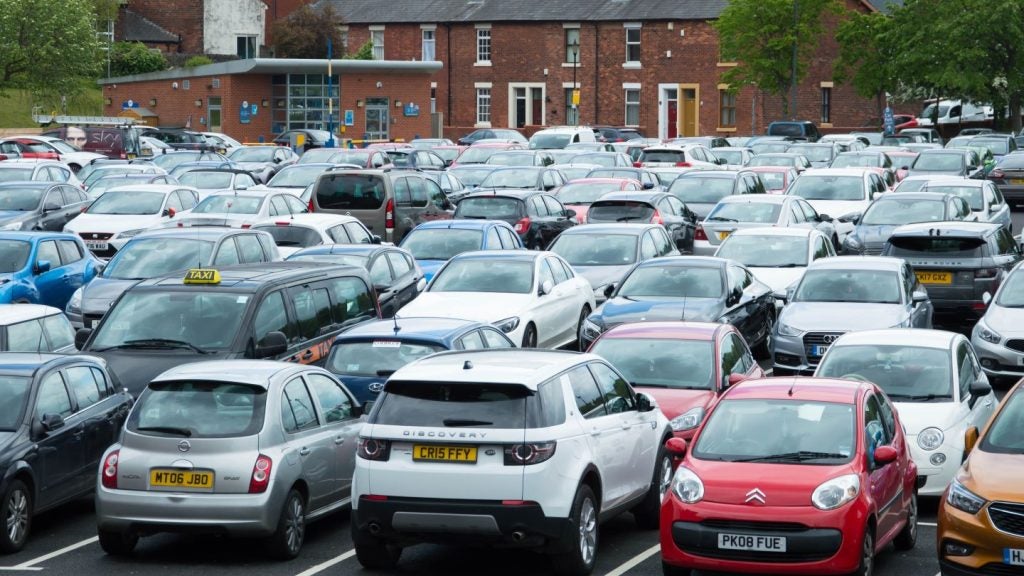
Transport & Environment (T&E) has released an analysis indicating that electric cars are expected to achieve a market share of 20%-24% by 2025, in line with the European Union’s climate targets.
The report suggests that battery electric vehicles (BEVs) will account for 60% of the CO₂ reductions required for car manufacturers to comply with EU emissions standards next year.
This surge in BEV sales is partly attributed to the introduction of seven new fully electric models priced under €25,000, which have hit the market or are due to launch in 2024 and 2025.
While BEVs are anticipated to make the most significant impact, companies including Stellantis and Volkswagen Group are predicted to depend on hybrids (HEVs) for 33% and 30% respectively of their required CO₂ reductions, according to T&E’s central scenario built on market research company GlobalData’s sales forecasts.
Hybrid vehicles are also expected to help bridge the emissions gap for Mercedes-Benz and Renault, contributing 17% and 15% respectively towards meeting the EU targets.
BMW, in addition to its fully electric lineup, is projected to rely on plug-in hybrids for an 18% emissions reduction.

US Tariffs are shifting - will you react or anticipate?
Don’t let policy changes catch you off guard. Stay proactive with real-time data and expert analysis.
By GlobalDataHowever, if carmakers increase their reliance on hybrids, the overall BEV market share could drop to 20% next year, compared to 24% in the central scenario.
Volvo Cars, on the other hand, is already compliant with the targets due to strong BEV sales.
Manufacturers facing difficulties in meeting the targets may resort to ‘pooling’ with other companies to lower their average emissions.
The EU Commission President, Ursula von der Leyen, reaffirmed the bloc’s commitment to zero-emissions cars by 2035 in July. Meanwhile, the German government recently rejected the automotive industry’s plea to relax the 2025 targets.
T&E is urging EU and national legislators to enhance EV demand through policies such as corporate fleet targets, charging infrastructure plans, and social leasing programmes.
T&E cars director Lucien Mathieu commented: “2025 will be a great year for Europeans in the market for an electric car. BEVs should be almost a quarter of new cars sold thanks to a glut of new, more affordable models. But manufacturers’ reliance on hybrids, which are reaching the limits of their CO₂ saving potential, is a short-sighted strategy for the climate and competing with Chinese BEVs.”







